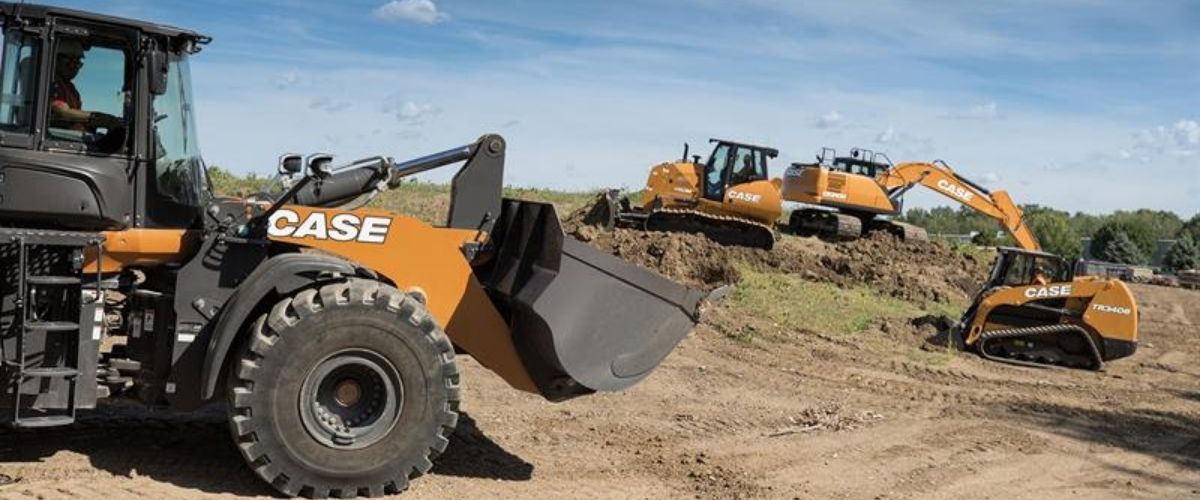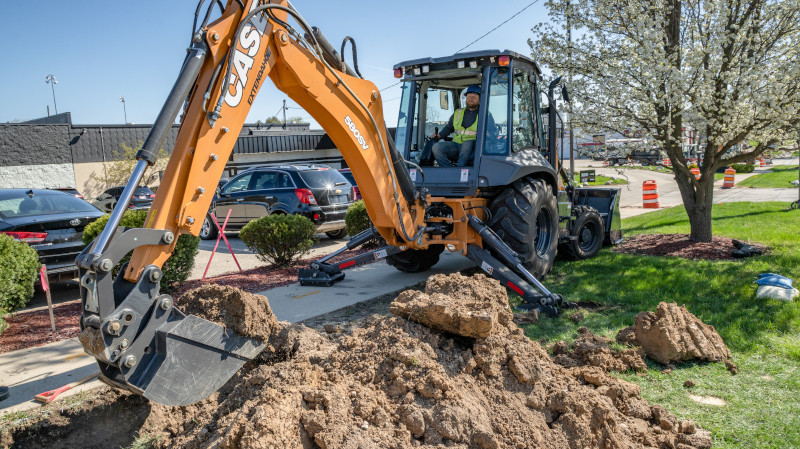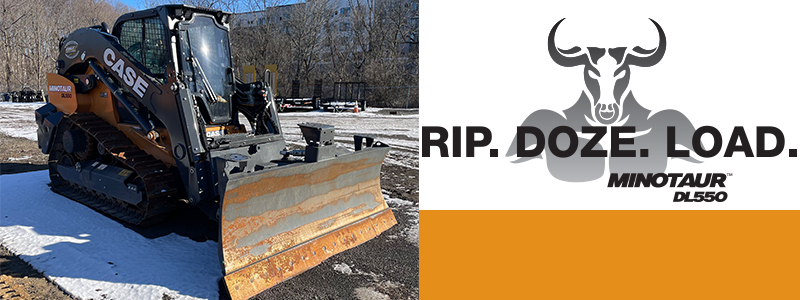Blog

What Coolant Should I Use For My Power Equipment?
December 17, 2020Coolant (antifreeze diluted with water) lowers the freezing point of water and raises the boiling point of water. Yet, not all coolants are the same. Be sure to use the right one for your equipment.
The right coolant for your power equipment will depend on the type of equipment, its brand, the model, the year it was manufactured, and even the metal parts it contacts (cast iron, aluminum, etc.).
Most heavy equipment manufacturers will carry their own brand of engine coolant. For instance, CASE IH developed an antifreeze premix specific for use with its Efficient Power engines.
Your equipment will have specific coolant recommendations in the owner’s manual. You can also ask our service technicians to assist you in finding the best coolant for your machine.
Let’s take a quick look at the different types of coolant on the market:
Types of Coolant
- IAT (inorganic acid technology helps impede corrosion); this is also called “fully formulated”
- OAT (organic acid technology protects against corrosion; this is also called “extended life antifreeze” or ELC)
- HOAT (hybrid organic acid technology, which is a combo of the two)
Ideally, diesel-engine coolant is a 50/50 mix of antifreeze and distilled/deionized water.
Nitrate-free coolants have gained in popularity since an increasing number of cooling systems are manufactured with aluminum parts rather than heavier brass parts. Nitrate in contact with aluminum creates an adverse chemical reaction.
Again, refer to the coolant recommendations in your equipment manual.
Temperature ratings of each type of coolant will vary, so read the product labels. A quality antifreeze will clearly show its temperature range on its label.
An Ounce of Prevention…
With winter storms already in the forecast, don’t dismiss the importance of proper coolant and be aware of the recommended intervals for changing it out.
Before adding coolant to your machine, consider draining and flushing its cooling system. Then refill with fresh coolant (check your owner’s manual for the required frequency or consult our knowledgeable service staff).
We recommend that you use distilled water for any diluted coolant as some “natural” water sources may be heavy in minerals and deposits.











